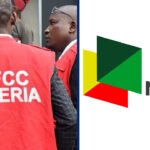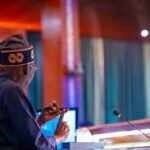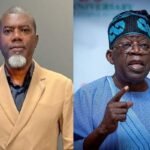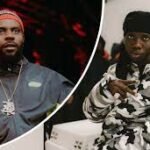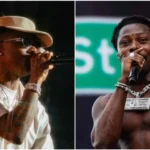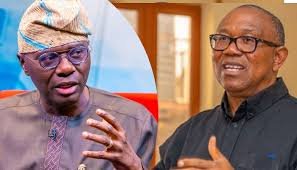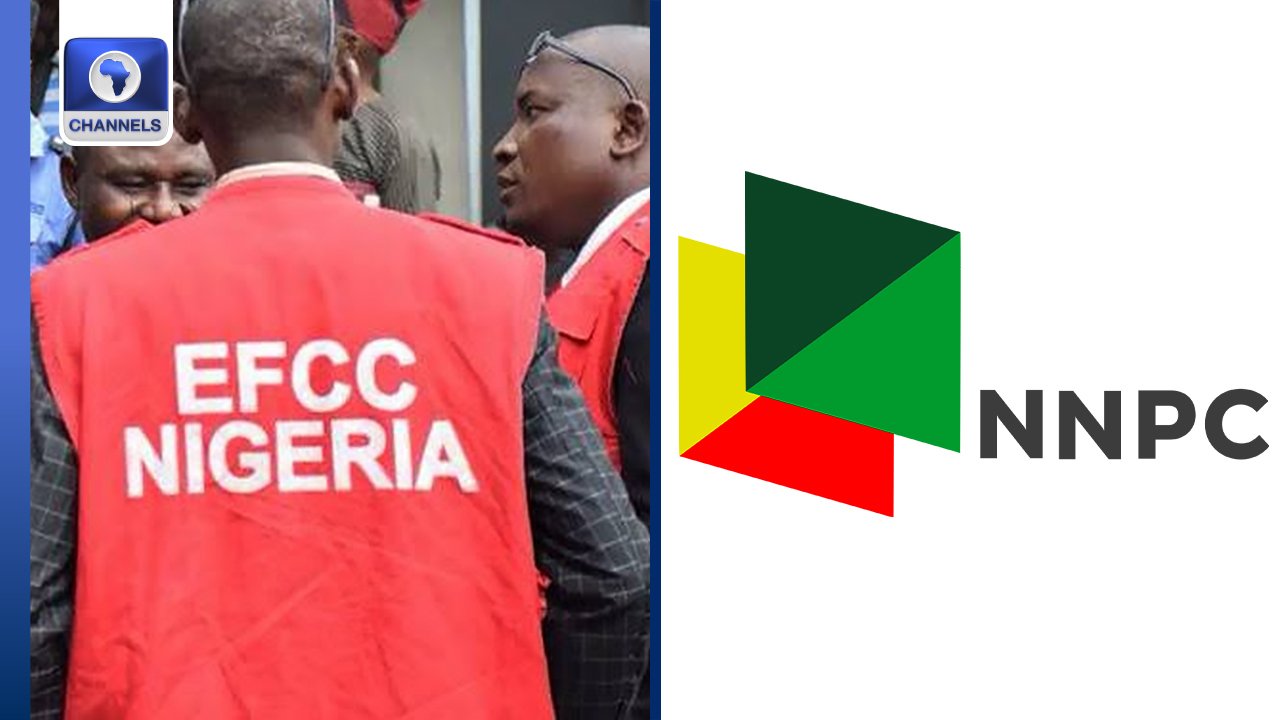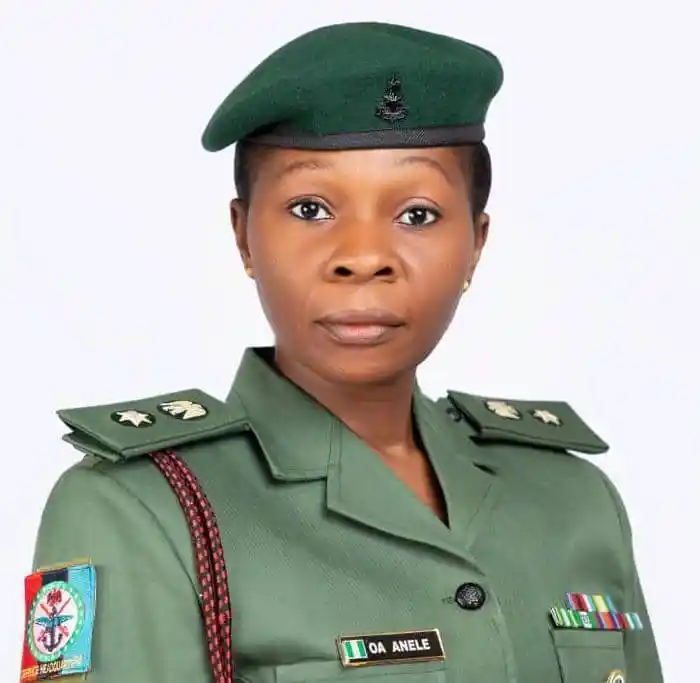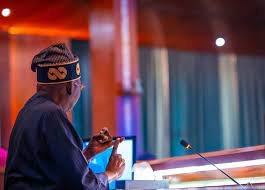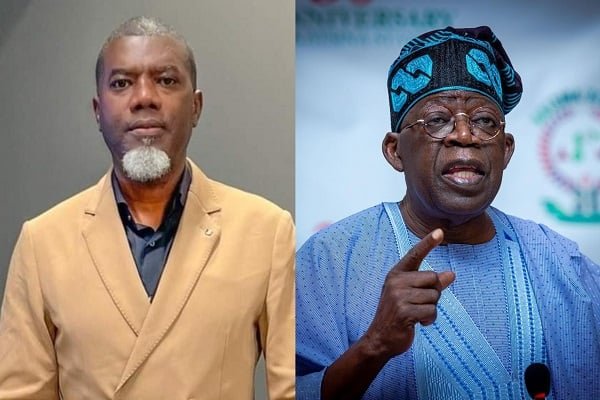A speech by former Anambra State Governor and Labour Party presidential candidate Peter Obi at Johns Hopkins University has drawn sharp criticism from Lagos State Governor Babajide Sanwo-Olu. The clash centers on Nigeria’s poverty rate and political leadership. This had both leaders defending their records and calling each other out on results.
Speaking to an international audience, Peter Obi compared Nigeria’s poverty levels to that of China and Vietnam. According to him, Nigeria had fewer poor people than those countries in 1990, yet they’ve made significant progress while Nigeria lags behind. He blamed this stagnation on poor leadership, weak investments in public services, and lack of compassion in governance.
“These countries,” Obi said, “prioritized education, healthcare, and poverty reduction. Nigeria has not.” His speech comes at a time when Obi has been vocal on key issues, from supporting nationwide protests over economic hardship to urging the federal government to disclose the cost of a proposed new presidential jet. But Governor Sanwo-Olu wasn’t having it.
In a strongly worded statement, he challenged Obi’s record as former governor of Anambra State. He stated that Obi had no moral standing to criticize Nigeria’s economic policies. According to Sanwo-Olu, Peter Obi built no schools, no stand-alone hospitals. Also, he mentioned that he failed to implement sustainable credit programs in his eight years in office.
“Poverty in Anambra rose from 41.4% to 53.7% during Obi’s tenure,” Sanwo-Olu said. He contrasted this with President Bola Tinubu’s time as Lagos State governor, noting that poverty dropped by over 46% due to infrastructure and social programs. Sanwo-Olu expressed confidence that Tinubu would replicate those gains on the national level.
While Peter Obi supports greater transparency and reform at the federal level, Sanwo-Olu insists that Obi’s own record does not support the high standards he promotes. “You can’t just say the right things, you must have done them,” Sanwo-Olu said.
Online, the debate rages. Supporters of Obi argue that he left billions in savings for Anambra and ran a corruption-free administration. Others ask tough questions: How many schools did Peter Obi build? What companies did he actually run? Was he truly the owner of Fidelity Bank? These questions continue to fuel curiosity around Peter Obi’s net worth, business ties, and leadership style.
Obi’s popularity remains high regardless, especially among Nigeria’s youth. His background as a businessman, including his links to multiple companies and his controversial resignation from several boards, has been a hot topic. Online searches for “Peter Obi companies”, “Peter Obi cars”, and “Peter Obi house” are common, showing a public hunger to know more about the man behind the political brand.
Even his family gets attention. People frequently ask “How old is Peter Obi?” (he was born in July 1961), or want to know about Peter Obi’s wife, his son, and his children. Yet the current political conversation has moved far beyond personal details.
The exchange between Obi and Sanwo-Olu highlights a broader conversation about accountability, leadership, and how political figures should represent Nigeria on the international stage. While Obi calls for bold leadership reforms, Sanwo-Olu insists that results not rhetoric should lead the conversation.
In other news, iNaijanow recently shared a post on PDP’s comeback plan with Atiku Abubakar and Bukola Saraki Upfront.
If you enjoyed this article, click here to read more informative posts, also check us out on Instagram for fun and engaging content.
Disclaimer: The opinions, views, and information expressed in this article are those of the author and do not necessarily reflect the official policy, position, or views of iNaijanow. The company assumes no liability for any errors, omissions, or damages arising from the use of this information.


